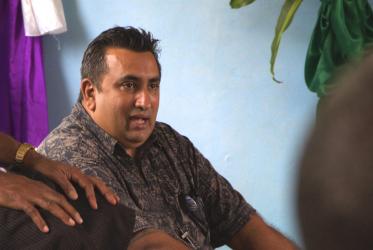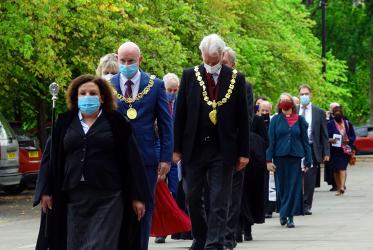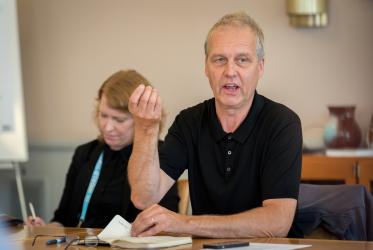Displaying 121 - 140 of 153
27 October 2021
EWN members stand in solidarity with water and land defenders
21 September 2021
Churches offer some relief in Kenya’s drought disaster
16 September 2021
Walk the Talk
A Toolkit to Accompany the "Roadmap for Congregations, Communities and Churches for an Economy of Life and Ecological Justice"
31 August 2021
Can we end our societal addiction to fossil fuels?
12 August 2021
Ecumenical International Youth Day 2021 Event Toolkit
Young People and Climate Justice
06 August 2021
Defending the ‘blue soul of life’
08 April 2021


















